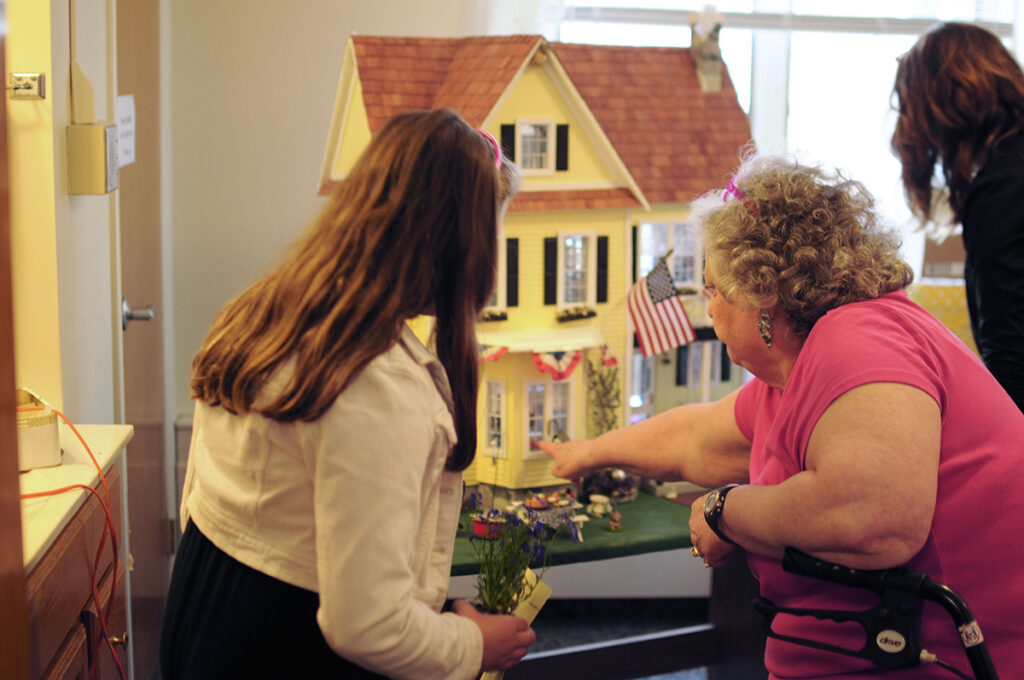May is Mental Health Awareness month, and the older adult population is often overlooked and forgotten altogether when it comes to mental health. While some assume that depression is a normal part of aging, it is important to note that this is not the case and there are many ways for seniors to minimize those feelings of loneliness. And while rates of depression and anxiety are higher in this demographic, that only means that the conversation surrounding mental health and older adults is more important than ever.
The Continued Need for Socialization
Remaining social can be difficult as we age, especially because our social circles tend to get smaller. But that does not mean that socialization becomes less important. Studies have found that the mental health benefits of regular face-to-face interactions – especially among older adults – can reduce the risk of depression. But finding ways to connect with others is often what prevents the senior population from engaging in social activities. Sometimes factors out of our control, like loss of mobility or a difficult medical diagnosis, prevent us from being able to socialize. Here are a few ways to make socialization a little more attainable:
1. Connect with your local senior center – if transportation is an issue, look to see if your senior center partners with a local transportation company.
2. If mobility is an issue and you prefer to stay in the comfort of your own home, invite people into your space. A weekly book or knitting club is a great way to socialize while enjoying a hobby.
3. Move into a senior living community! At Sunset, each of our communities has a full social calendar, curated specifically for seniors. From water aerobics classes to themed dinners and fun outings, there is surely something for everyone.
Intergenerational Connections
There are a variety of ways that intergenerational connections can be beneficial. For young people, interacting with older individuals can provide valuable guidance and the development of social and communication skills. For older adults, these connections can provide a new perspective on the world, as well as a sense of purpose as a mentor to a younger generation. Evidence even suggests that intergenerational connections often lead to a decrease in social isolation and depressive symptoms.
Recently, students from Grand Rapids Community College spent a semester volunteering at our Waterford Place campus. Hearing about their experiences and what they learned while volunteering in a senior living community is a direct testament to the importance of intergenerational connections.
“I’ve been in an anxious cycle the last few months and working with these residents always takes me out of my funk. I appreciate the opportunity to work with and get to know some beautiful people.”
“I had the opportunity to sit down and chat with a lovely resident about her childhood and fond memories of her late husband. It was remarkable how everything she shared was filled with positivity and warmth.”
“One of the most meaningful moments I experienced was on my second day of volunteering. As I arrived, a resident greeted me by saying, ‘I remember you!’ It was such a sweet moment.”
Mental Health Resources for Seniors
There are some mental health resources available specifically for older adults. The National Institute of Mental Health has an entire webpage dedicated to older adults and mental health. And for those in crisis, there is the 988 Suicide & Crisis Lifeline that provides free and confidential emotional support 24/7, across the United States.
No one has to go through life alone – together, we can continue the conversation surrounding mental health and older adults.
